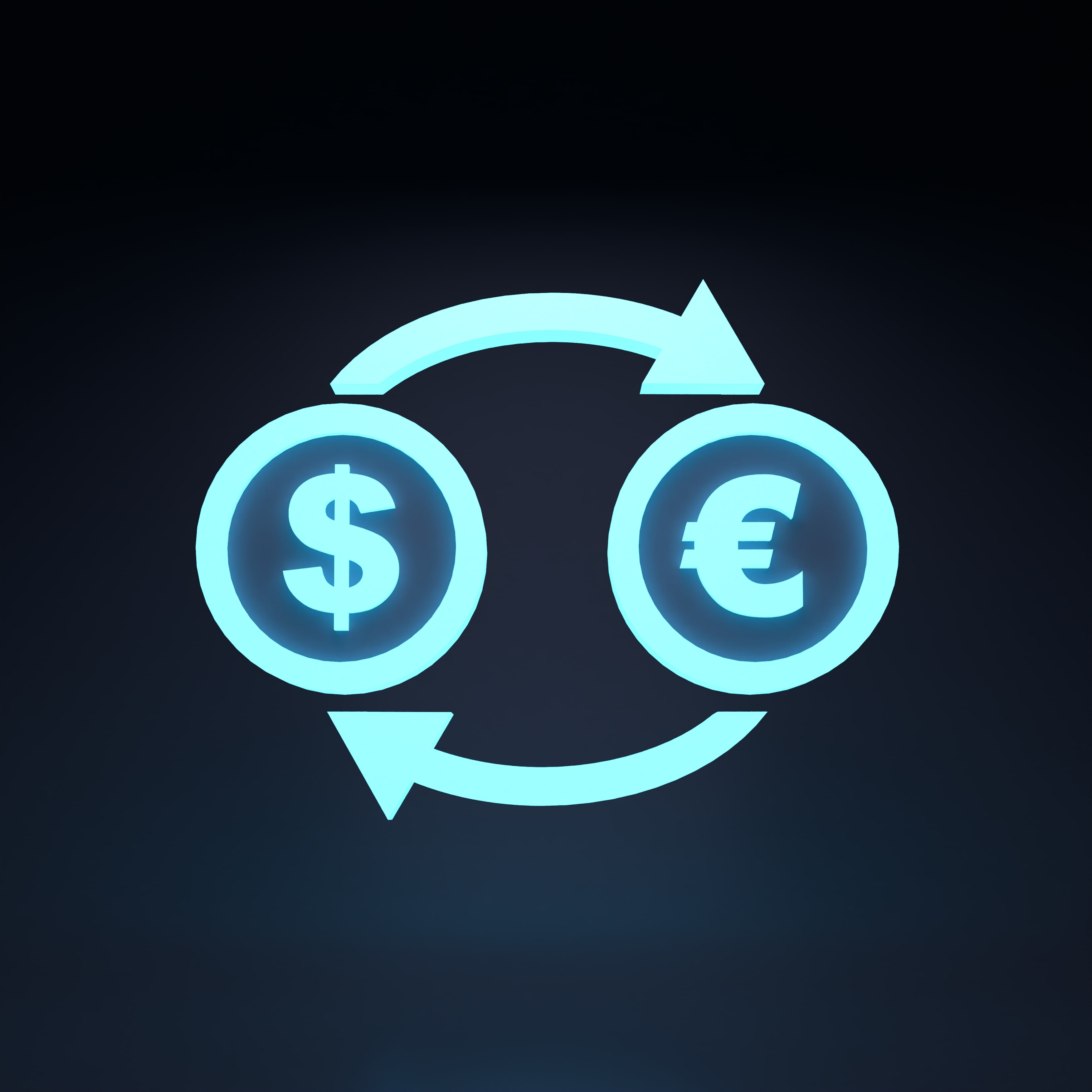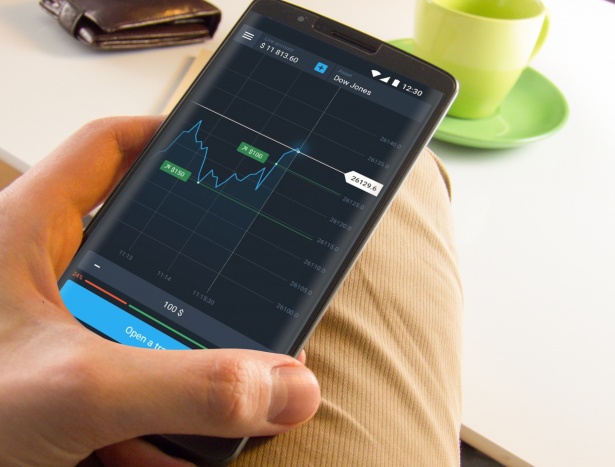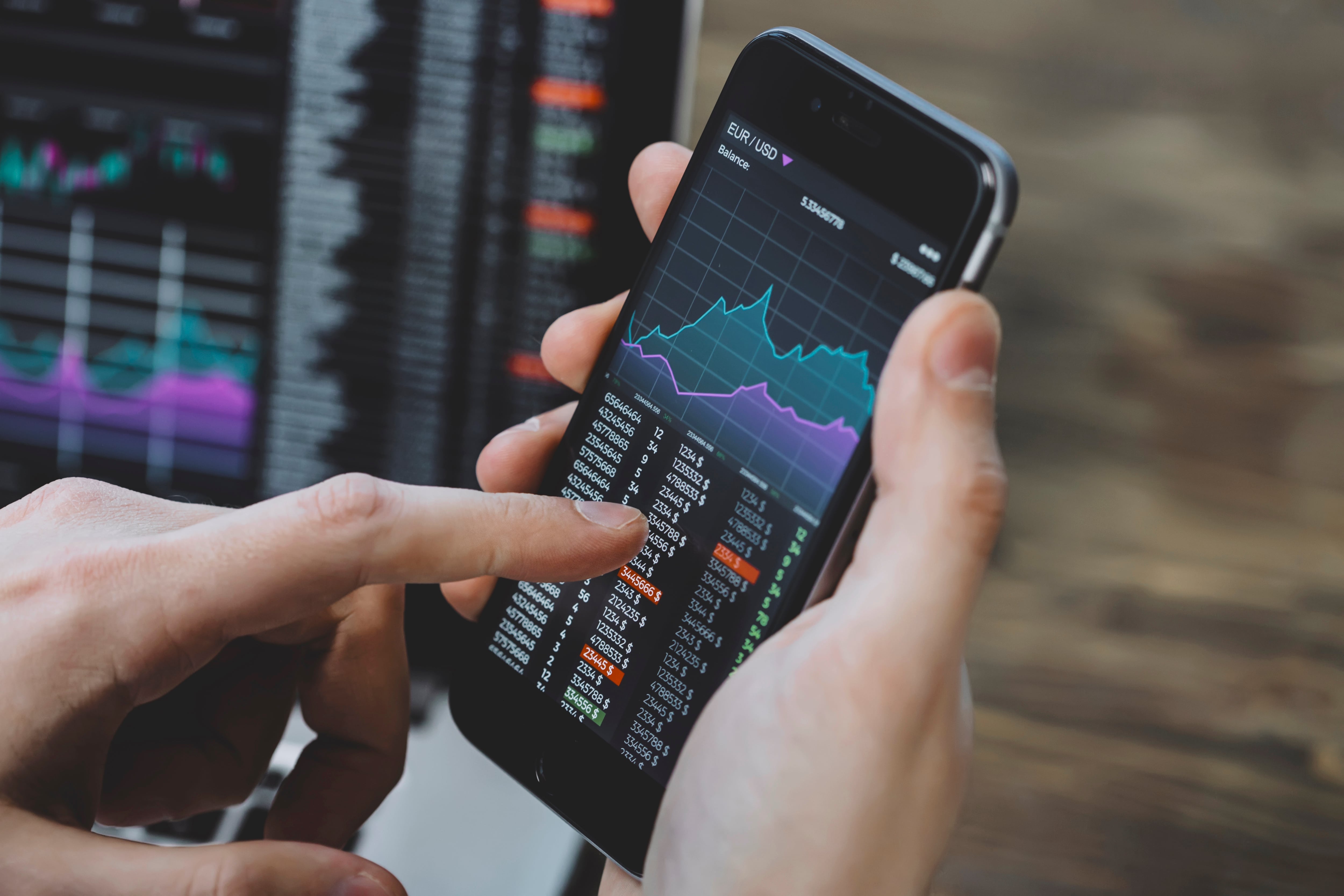ALB Limited 10.09.2022
Where Does Ether Come From ?
Just like bitcoin, Ethereum digital currency is a digital asset based on blockchain technology. However, there are some key differences between the two. Ethereum digital currency was created to allow for smart contracts and other decentralized applications to be built on top of it. These applications can run without any third-party interference, making them more secure and reliable.Ethereum digital currency has also been praised for its potential to help decentralize the internet. While its price has been volatile in the past, many believe that Ethereum digital currency is here to stay and will only continue to increase in value over time. If you're interested in learning more about Ethereum digital currency or even investing in it, this blog post is a great place to start!
Where Does Ether Come From ?
Ether is the cryptocurrency of Ethereum. It's used to pay for transaction fees, and gas costs, and reward miners who successfully mine a block. New tokens can be created on Ethereum's blockchain to represent assets or loyalty points. Ether can be bought and sold on cryptocurrency exchanges. It can also be stored in a variety of wallets, including online wallets, hardware wallets, and paper wallets.
What Is Ethereum digital currency ?
Ethereum is a digital currency that offers a decentralized platform for running smart contracts or applications that run exactly as programmed to prevent fraud or third-party interference. This currency is used to build decentralized apps (dapps) on its blockchain.
A dapp is an app built on the Ethereum blockchain that uses cryptocurrency to store its data. The Ethereum blockchain is a public ledger of all past and present transactions made with the currency. Smart contracts are programmable, meaning they can be used to create dapps that run exactly as programmed without any possibility of fraud or third-party interference.
What Are Decentralized Applications
Ethereum is a digital currency that uses a decentralized network instead of a centralized server. Ethereum's smart contracts allow you to create dapps that run exactly as programmed without any possibility of fraud or third-party interference. Ethereum is often used to build dapps because it is a blockchain ledger of all digital currency transactions.
With Ethereum, you can create dapps that run exactly as programmed without any possibility of fraud or third-party interference. Ethereum's smart contracts are also used to create dapps that run exactly as programmed without any possibility of fraud or third-party interference. As a result, Ethereum is a great platform for building dapps.
What Is a Smart Contract ?
A smart contract is a computer program that runs on Ethereum digital currency's blockchain. Ethereum digital currency's smart contracts are programmable, meaning they can be used to create dapps that run exactly as programmed without any possibility of fraud or third-party interference.
What Is Ethereum digital currency's Blockchain ?
Ethereum is a digital currency that uses blockchain technology to create smart contracts. These contracts are programmable, meaning they can be used to create dapps that run exactly as programmed without any possibility of fraud or third-party interference.
Ethereum's smart contracts have been used to create a variety of dapps, including those that provide Decentralized Autonomous Organizations ( DAOs ), decentralized exchanges, and other services. Ethereum's smart contracts are powered by the Ethereum Virtual Machine (EVM), which runs on the Ethereum network.
The EVM is a Turing-complete virtual machine that allows developers to create complex applications on Ethereum's blockchain. Ethereum's smart contracts are currently the most advanced and widely used in the blockchain industry.
What Are Ethereum digital currency Tokens ?
Ethereum digital currency is a decentralized platform that runs smart contracts: applications that run exactly as programmed without any possibility of fraud or third-party interference. Ethereum is used to build Decentralized Autonomous Organizations (DAO).
A DAO is a fully autonomous, decentralized organization with no single leader. The code of the Ethereum blockchain is open-source, meaning anyone can create new tokens. These tokens can be used to represent anything, from assets to loyalty points. Ethereum's popularity has led to the creation of a large number of Ethereum-based tokens.
These tokens are often used to raise funds for new projects or to provide a service within an existing Ethereum-based project. Ethereum digital currency's flexibility and versatility make it an ideal platform for creating new tokens.
What Is an Ethereum digital currency Exchange ?
An Ethereum digital currency exchange is a platform that allows you to buy, sell, or trade Ethereum digital currency. Ethereum digital currency exchanges can be online exchanges, offline exchanges, or hybrid exchanges.
What's the Difference Between Ethereum digital currency and Bitcoin ?
Ethereum and Bitcoin are both blockchain platforms, but they have some key differences. Ethereum's blockchain can be used to create new tokens, which can be used to represent anything from assets to loyalty points.
On the other hand, Bitcoin's blockchain is used mainly to track ownership of the digital currency. Ethereum is also a decentralized platform that runs smart contracts: applications that run exactly as programmed without any possibility of fraud or third-party interference.
As a result, Ethereum offers more flexibility than Bitcoin, but it also comes with some additional risks. For instance, because Ethereum tokens can represent anything, they may be more vulnerable to fraud than Bitcoin. Overall, Ethereum and Bitcoin are both powerful platforms with a lot to offer, but their different strengths mean that they are better suited for different purposes.
Scalability, ETH 2.0, and the Future of Ethereum digital currency
Ethereum digital currency has been one of the most popular blockchain platforms since its launch in 2015. Ethereum digital currency has been widely adopted by developers and enterprises alike. Ethereum digital currency’s popularity is due to its versatility and programmability. Ethereum digital currency’s versatility allows for the development of a wide range of decentralized applications (dApps) that can be used for everything from payments and banking to predicting the weather. Ethereum digital currency’s programmability allows for the deployment of smart contracts, which are immutable and cannot be changed or censored by any third party.
Despite its popularity, Ethereum digital currency faces some significant challenges. One of the most significant challenges Ethereum digital currency faces is scalability. Ethereum digital currency can currently process 15 transactions per second (TPS), which is far too low for widespread adoption. Ethereum digital currency’s scalability problem is due to its use of the Proof-of-Work (PoW) consensus algorithm. PoW is very energy intensive and slow, which makes it difficult for Ethereum digital currency to scale.
Ethereum digital currency is working on a solution to its scalability problem called ETH 2.0 or Ethereum digital currency 2.0. ETH 2.0 is a major upgrade to the Ethereum digital currency network, enabling it to scale significantly. ETH 2.0 uses the Proof-of-Stake (PoS) consensus algorithm, which is much more efficient than PoW and can handle thousands of transactions per second. ETH 2.0 will also introduce sharding, further improving Ethereum's digital currency’s scalability.
ETH 2.0 is currently in development and is expected to be rolled out in stages over the next few years. Once Ethereum digital currency 2.0 is fully operational, it will be able to process thousands of transactions per second and be much more scalable than Ethereum digital currency 1.0. Ethereum digital currency 2.0 will also be more secure and decentralized than Ethereum digital currency 1.0, making it a more robust platform for dApps and smart contracts. The rollout of ETH 2.0 is an exciting time for Ethereum digital currency and the future looks bright for this blockchain platform. With its improved scalability, security, and decentralization, Ethereum digital currency 2.0 is well positioned to become the blockchain platform of choice for developers and enterprises alike.
Ethereum digital currency and Decentralized Finance ( DeFi )
Ethereum digital currency is the perfect platform for decentralized finance (DeFi) applications. DeFi apps are financial applications that run on Ethereum digital currency’s decentralized network. DeFi apps are built on Ethereum digital currency’s smart contracts and can be used for a wide variety of financial activities, including lending, borrowing, and trading.
The DeFi market has exploded in recent months, with the total value locked in DeFi applications reaching over $13 billion. The popularity of DeFi is due to the numerous advantages it offers over traditional finance. For example, DeFi apps are available to anyone with an Internet connection and do not require KYC or AML verification. This makes them much more accessible than traditional financial services.
What was The DAO, and what is Ethereum digital currency Classic ?
The DAO was a decentralized autonomous organization built on Ethereum digital currency that raised over $150 million in funding. The DAO was intended to be a decentralized way to fund Ethereum digital currency projects, but it was hacked, and the funds were stolen.
The Ethereum digital currency community decided to hard fork the Ethereum digital currency blockchain to recover the stolen funds. Still, this decision led to a community split and the Ethereum digital currency Classic (ETC) creation. Ethereum Classic is an alternative version of Ethereum that does not include the hard fork.
Ethereum and Ethereum Classic both use the same underlying blockchain technology, but they have different philosophies. Ethereum Classic is a more centralized version of Ethereum and is controlled by a small group of developers. Ethereum is more decentralized and is governed by the Ethereum Foundation.














